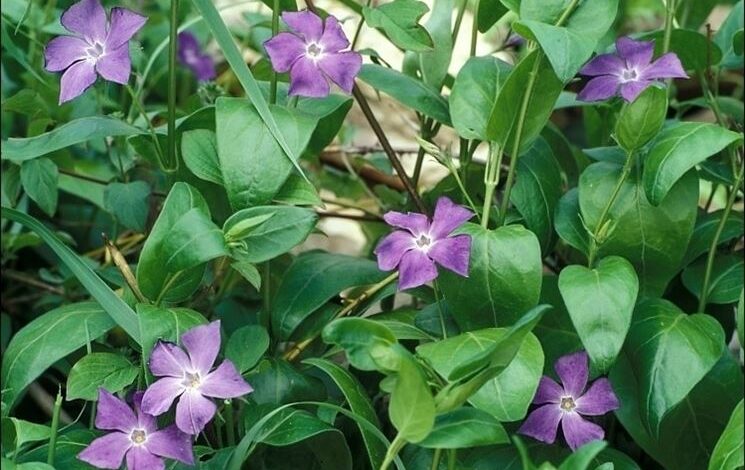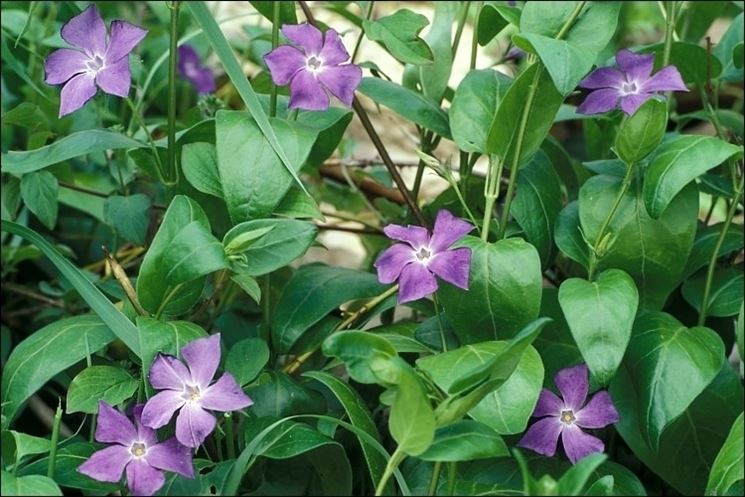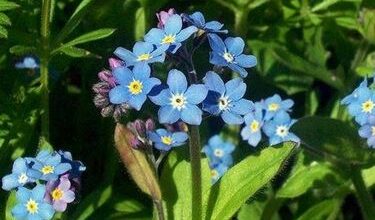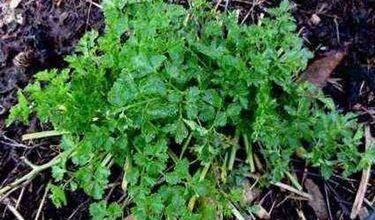Vinca major

La vinca major (variegated vinca major)

Vinca major, being a plant that grows in the wild in our country, is extremely resistant to both atmospheric agents and parasitic attacks. It prefers sunny locations but, in the warmer geographical areas of Italy, it is a plant that develops better in semi-shaded situations. The periwinkle is very afraid of the cold and requires frequent watering, especially in the periods ranging from May to August and, in any case, when the soil begins to become drier. For a correct development, every two weeks it is advisable to add a specific fertilizer for flowering plants to the irrigation water. Vinca major is a plant that needs a lot of air and mild temperatures, therefore, it is best not to subject the seedlings to excessively low temperatures.
Property of the vinca major

Since ancient times, the leaves of vinca major (variegated vinca major), rich in alkaloids and tannins, were used in the form of a poultice as a remedy to stop bleeding and relieve nervous disorders. The flowers, on the other hand, were used to relieve sore eyes and to treat some eye infections. Vinca, however, is also known for its powerful poison (vincamine) and used in pharmaceutical preparations for the treatment of a number of cerebrovascular disorders. Vinca major (variegated vinca major) is also known for its many other properties: it has, in fact, excellent astringent, soothing and tonic virtues. Recent studies have confirmed that vincamine plays an important role in blocking some important diseases such as leukemia.
Vinca major: Some curiosities about the vinca major
The periwinkle is a flower with many meanings and strong symbolism. Due to its ability to adapt, this plant is associated with the durability of relationships and fidelity while in France it is the flower of friendship. In the Christian religion, on the other hand, the vinca major is often associated with the Holy Virgin due to the blue of its petals reminiscent of Mary’s mantle. In a medieval text entitled «The secrets of the virtues of herbs, stones and some beasts», the German philosopher and scientist Albertus Magnus described periwinkle as one of the fundamental ingredients for the realization of a powerful aphrodisiac. Some popular traditions, however, report that, to maintain marital fidelity, it was recommended to put some periwinkle and magnolia leaves in the mattress.




